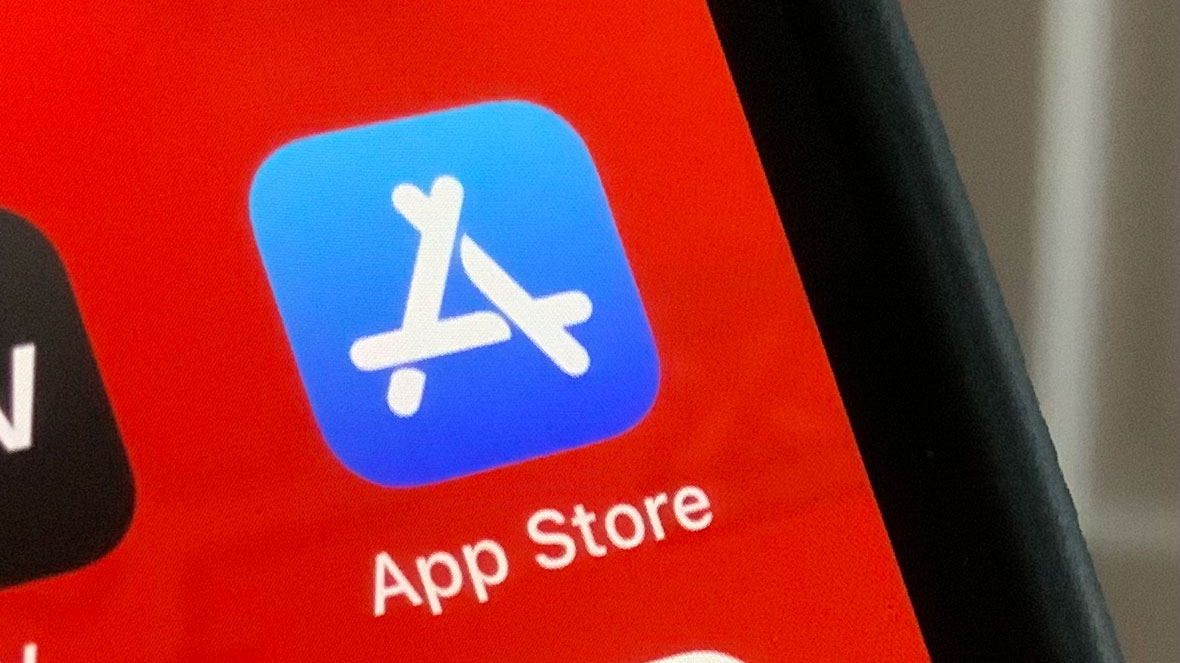Apple Removes Apps Lacking Contact Info from EU App Store Ahead of DSA Deadline
In a significant move affecting app developers across Europe, Apple has implemented new regulations that require the disclosure of contact information on the App Store. This change is part of the compliance with the Digital Services Act (DSA), which mandates that developers provide their “trader status” to publish or update apps within the European Union. This article explores the implications of these regulations and their impact on the app development community.
New Requirements for App Developers in the EU
As of February 18, Apple has removed apps from the EU App Store that do not comply with the DSA regulations. This decision affects a wide range of developers, particularly those who may not have full-time app development as their primary occupation.
Impact of the DSA on App Availability
- According to data from Appfigures, nearly 135,000 apps have become inactive across EU App Stores within a 30-hour period.
- Developers had advance notice of the February 17, 2025 deadline, making this announcement less surprising for many.
- The new regulations disproportionately affect smaller and indie developers who often do not publicize their personal contact information.
Understanding Trader Status Requirements
Under the DSA, any app generating revenue through the App Store is classified as a “trader.” This classification applies to apps that earn income through:
- Paid downloads
- In-app purchases
- Advertising revenue
Additionally, any app associated with a “trade, business, craft or profession” falls under this guideline, ensuring that hobbyist apps are excluded from these requirements.
Contact Information Disclosure
Developers must now publicly display their contact information, including:
- Phone Number
- Email Address
- Physical Address
This information must align with their D-U-N-S Number, ensuring transparency and accountability for consumers.
Strategies for Smaller Developers
In light of these new regulations, many smaller developers are seeking alternatives to protect their privacy. Some common strategies include:
- Utilizing coworking spaces or virtual offices as a business address.
- Employing PO boxes for receiving mail.
- Registering for virtual phone numbers to maintain privacy.
This shift aims to balance consumer protection with developer privacy, allowing indie developers to maintain some degree of anonymity.
Visibility of Trader Information on the App Store
For consumers, the new trader information can now be found in the app details section on the App Store, positioned below the app’s age rating and supported languages, but above the link to the developer’s website.
As the app landscape continues to evolve, these regulatory changes highlight the importance of compliance for developers looking to thrive in the EU market. For more information on the Digital Services Act, visit the European Commission’s website.
Stay informed about the latest trends and updates in app development by checking out our App Development News section.







